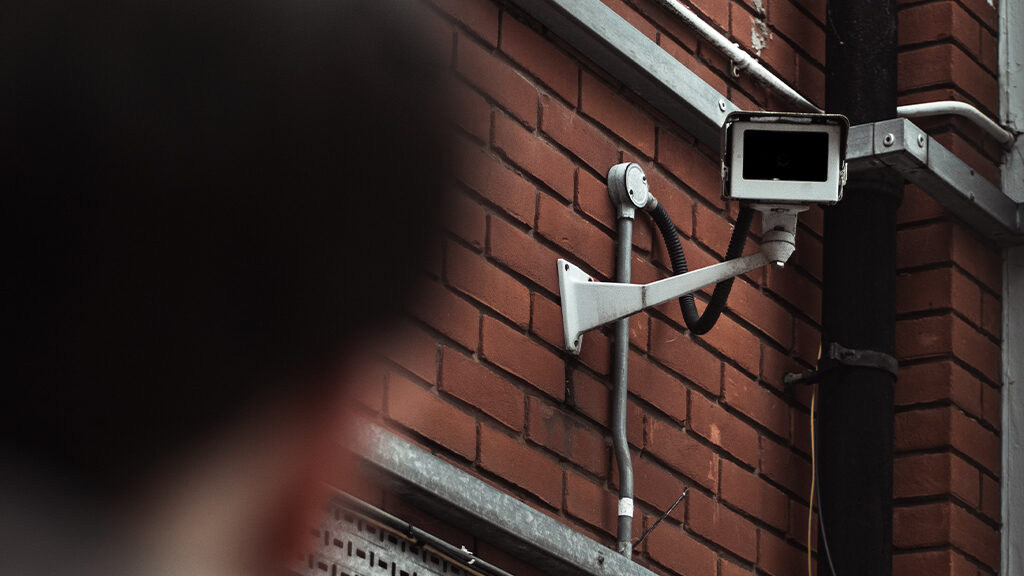News, Report | September 2023
New report on supply of surveillance technology to 5 African states reveals new strategies to push back on closing civic space

News, Report | September 2023

New research published today, funded by FICS through Civic Futures, is the first comprehensive study of the supply of surveillance technology to countries in Africa, revealing the scale of citizen surveillance and documenting the suppliers of the surveillance technology enabling it.
The research, produced by the Institute of Development Studies and the African Digital Rights Network, provides new insights for funders seeking to support movements pushing back on closing civic space. By revealing new detail about the actors involved in both the supply-of and demand-for mass surveillance technologies in Nigeria, Ghana, Morocco, Malawi and Zambia, this report provides unprecedented insights into the opportunities for civil society to effectively disrupt the ability of states to use technology to close civic space, both online and offline.
Funders can look to the report recommendations for guidance on where to direct resources for systemic change. Those supporting civil society in surveillance-supplying states could support campaigns pushing for the abolition of the export of surveillance tech. While those supporting civil society in the countries purchasing the technology can support movements seeking to ‘defund’ the purchase of surveillance, instead diverting much needed national resources to health and education.
As the first comprehensive documentation of which companies are supplying which surveillance technologies to which governments and private companies, this report provides a starting point for developing new strategies to disrupt the global surveillance industry. It evidences how fundamental failures in the current model of regulation (e.g. reliance on voluntary self-policing by supplier companies) are enabling widespread human rights violations and points to the need for much stronger advocacy strategies for global regulatory standards.
Key insights from the report include:
Tony Roberts, Research Fellow at the Institute of Development Studies, editor of the report, said: “Under the pretext of national security, governments are exceeding their legal powers of surveillance and they do so with impunity, even when caught red handed.” He added: “We’re particularly concerned about the chilling effect mass surveillance is having on citizens, stifling debate, and damaging democracy. It is taking a huge toll on human rights – causing long-term physical and psychological harm to individuals unjustly targeted by surveillance tech, often held without trial and even tortured by authorities.”
Mapping the Supply of Surveillance Technologies to Africa: case studies from Nigeria, Ghana, Morocco, Malawi, and Zambia is published at a time of increasing public awareness of the lack of checks and balances for the use of AI, and the potential for misuse by increasingly authoritarian governments. With previously little evidence on the production and trade of technologies for mass surveillance, there have been major gaps in the capacity of the movements, civil society organisations and journalists that bear the brunt of surveillance in the region to mobilise against this threat.
Georgia Nash, Programme Officer at Civic Futures said: “Philanthropy must move beyond supporting purely defensive strategies and look for ways to disrupt, reform and transform the way that governments and corporations around the world restrict the crucial work of activists, using the bogus justification of national security”.
“With this meticulously researched piece, the African Digital Rights Network and Institute for Development Studies have provided a valuable contribution to the field, helping civil society and those supporting them to understand the nature of the surveillance industry and consider new strategies for disruption”, she added.
These case studies are the third in a series of four publications that evidence expanding digital surveillance in Africa. The first report, produced by the African Digital Rights Network (ADRN), mapped the broader landscape of Digital Rights in Closing Civic Space: Lessons from Ten African Countries and identified digital surveillance as a key technology being used to close democratic space in Africa (Roberts and Mohamed Ali 2021). The second ADRN report, Surveillance Law in Africa: A Review of Six Countries, analysed the privacy protection in surveillance law across Africa and evidenced widespread state surveillance practices in violation of constitutional guarantees and in excess of lawful interception powers (Roberts et al. 2021). This third report maps the supply lines of surveillance technology to Africa.
To find out more about opportunities to engage on this issue, including funder briefings and peer learning, get in touch.